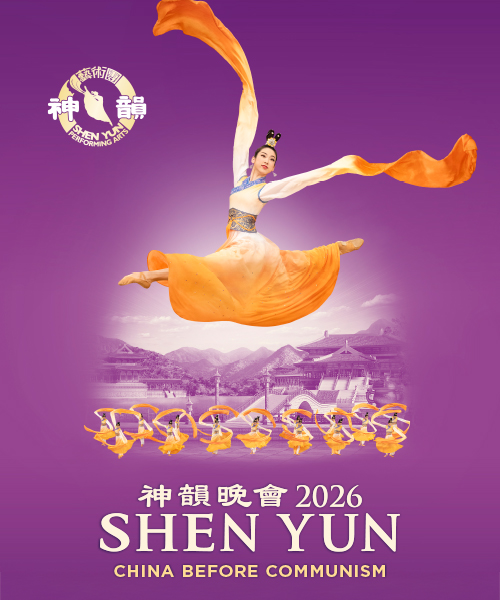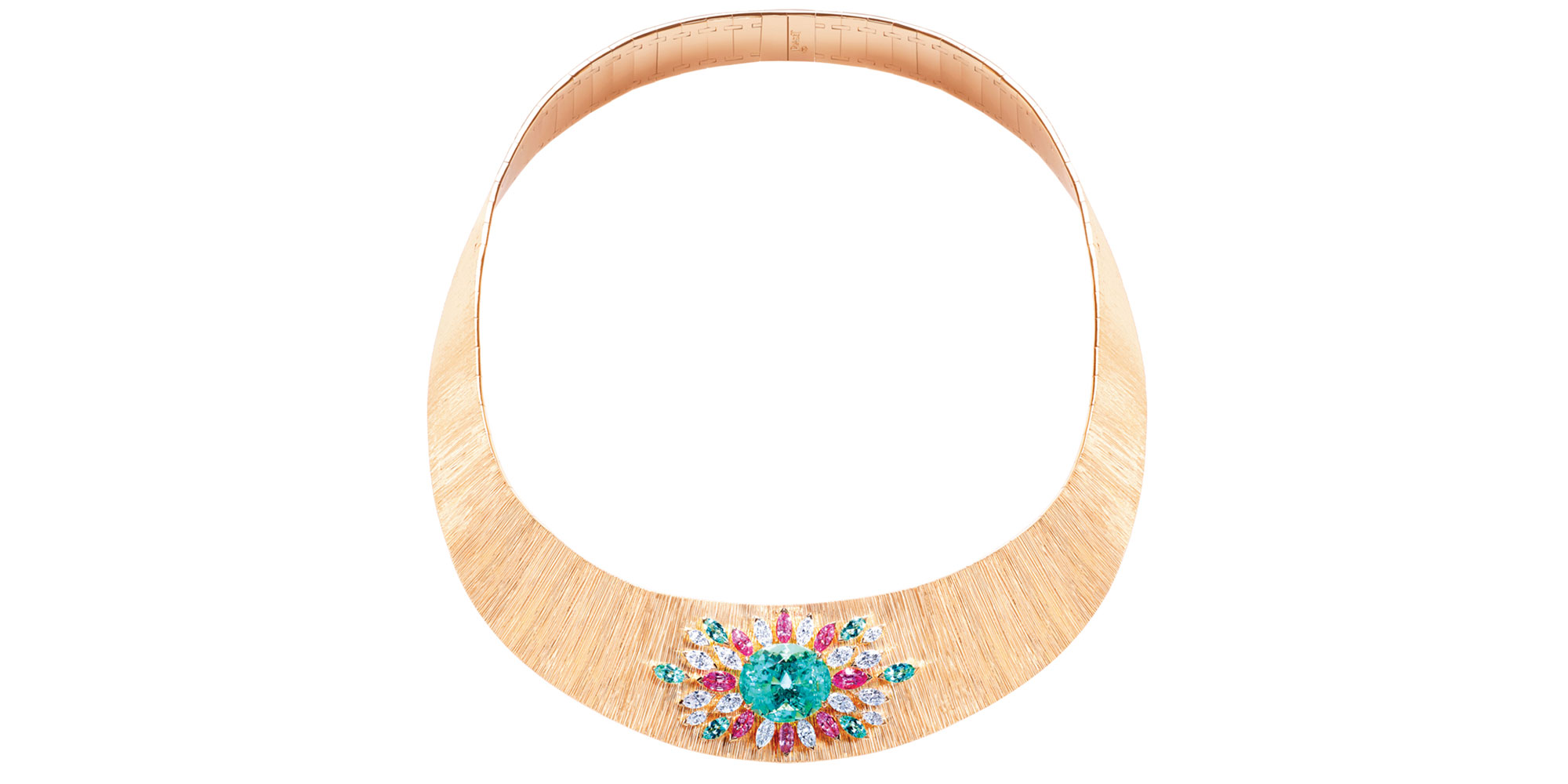
The Marvelous Feather Art of Nelly Saunier
Renowned Parisian plumasserie artist Nelly Saunier reveals how the extraordinary qualities of feathers influence her creative process.
- Text by J.H. White
- Photos Courtesy of Nelly Saunier
“The art of featherwork, for me, has no limits in its ability to express emotions in all artistic worlds, cultures and mediums around us. It transcends these worlds.”
—Nelly Saunier
Parisian artist Nelly Saunier is a rare breed. She deftly performs a métier only a few in the world can, handling a material as delicate as it can possibly get.
For over three decades, Saunier immersed herself in the world of feather art, also known as plumasserie, surrounding herself with a striking selection of peacock tails, ostrich plumes, and hummingbird feathers, which she painstakingly washes, steams, and meticulously trims into various shapes.

Her work is as extravagant as it is captivating, spurring creative collaborations with distinguished jewellers like Piaget and Van Cleef & Arpels, and with iconic fashion brands such as Givenchy, Nina Ricci, and Jean Paul Gaultier.
Saunier’s lifelong passion for feather art began many years ago, far from Paris’ hottest runways and plush marble-decked boutiques. One day, 14-year-old Saunier was sitting on the thick branch of an oak tree when a bright yellow serin landed a little further away.
When the girl tried to reach out, the bird flew away, but not before leaving a feather behind. Saunier describes this parting gift as having “a hundred shades of gold, with textures as rich as the rising sun.”

The young woman took this chance encounter as an invitation to explore an imaginative new world. “Feathers move, beguile, and inspire me,” Saunier says. “I’m sensitive to the purity and simplicity of nature: birds are born with their own elegance; there is no deception in their appearance.”
Inspired for a Beautiful Life
Related Articles

Mountains Sanctuary
When Toronto-based architects fuse Eastern wisdom and Western design for more human interaction












